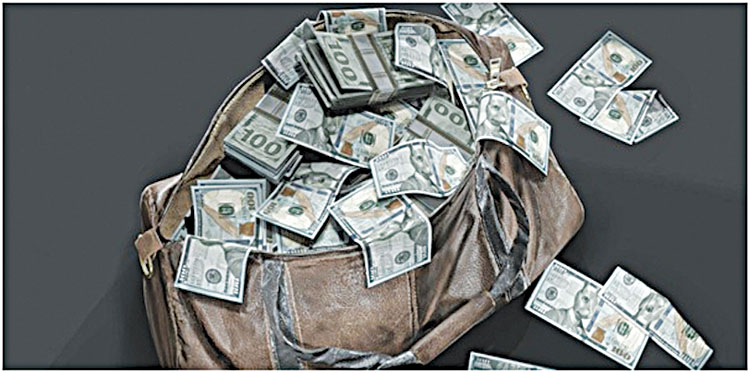Any modern person is interested in the possibility of getting money just like that. It became possible thanks to the emergence of the theory of unconditional basic income, which was developed in the last century. Today it is successfully applied and developed in several countries at once.
What is this concept? The government pays citizens a certain allowance in the form of an amount of money that people can spend at their discretion. Despite the novelty of the approach, it has been successfully implemented in several countries at once and it is worth talking about their experience of using an unconditional basic income in more detail.
Finland and unconditional basic income:
This northern country is one of the last to date to introduce the practice of unconditional basic income, although today it operates in a partial form. So, since 2017, unemployed residents have received a monthly payment of 560 euros in the country. The recipients are determined randomly, and after their selection, the citizen is deprived of any social benefits. At the same time, these 2,000 lucky people will be able to continue to receive money if they find work. At the moment, the experiment has been going on for more than two years.
Italy and unconditional basic income:
The peculiarity of the introduced unconditional income in Italy is that this practice is used only in one of the towns called Livorno. His local government has decided to pay 517 euros every month to the 100 poorest families in the city. This experiment began in 2016, and a year later the list of income recipients was increased by 100 families. Such a decision, as noted in the mayor’s office, will help to get out of the difficult situation in the system of distribution of benefits. Naples and Ragusa are closely watching this experiment and are already developing mechanisms to introduce the Levorno experience.
Kenya and unconditional basic income:
It is worth noting that this concept was adopted not only by European countries but also by states outside of Eurasia. Kenya became a prime example, where it was decided to distribute payments of $ 22 among 6,000 residents over the next 12 years. The local population is so poor that this amount is huge for them. For example, about 40 percent of the respondents have never seen such money at one time before. Many participants in the experiment note that thanks to such a payment, they were able to build houses, install water pipes, purchase livestock or send a child to school. Recall that the average salary in Kenya is $ 290.
The Netherlands and unconditional basic income:
As in the case of Italy, in the Netherlands, this concept is implemented in a separate city. In Utrecht, from 2017, more than 200 residents will receive € 960 over the next two years. The participants in the experiment were divided into several groups. This is done on purpose to tie the payment of funds to the requirements related to their employment. Thus, in one group, participants will be able to receive an additional 150 euros if they engage in volunteer work. Since the experiment was successful, it will be extended for another 2 years. Every person is interested in additional income, so it is not surprising that the casino at the parimatch site is so popular. The site was created taking into account the wishes of its audience, which allows players to always remain satisfied with their choice. Among the advantages of this casino are:
• round-the-clock operation;
• variety of slots and card games;
• convenient ways to withdraw money;
• reliable support service.
Brazil and unconditional basic income:
The Mayor’s Office of the city of Marika has decided to provide about 150,000 residents of the city with an unconditional basic income. It is received by residents regardless of their current employment. The payout is $ 30. Low-income residents are paid an additional $ 30 in addition to the specified amount. If according to the results of 2 years, it is possible to restore the standard of living of the city’s residents, then this experiment will continue.
India and unconditional basic income:
The Government of India decided to launch an interesting social project, which in the end showed excellent results. About 6,000 residents of the most economically backward regions received payments of several dollars a month. As a result, it was possible to significantly increase the standard of living of the untouchables, the most bypassed caste of the population of this country. In fact, they gained financial independence and a chance to change their lives with this little help.
Canada and unconditional basic income:
It was decided to experiment with the province of Ontario, where residents will receive about $ 11,000 a month with an average income of $ 10,000 in this province. Basic income will be established for about 4,000 people. If a person has a disability, they can receive an additional $ 500.
Uganda and unconditional basic income:
Another African country is testing the possibility of introducing an unconditional basic income. This is one of the poorest African countries, so in several villages, residents receive $ 8 every month. The experiment has been going on for more than two years, and its peculiarity in Uganda is that in parallel with payments, a documentary is being filmed here, which will help to learn more about the impact of basic income on people’s lives.

